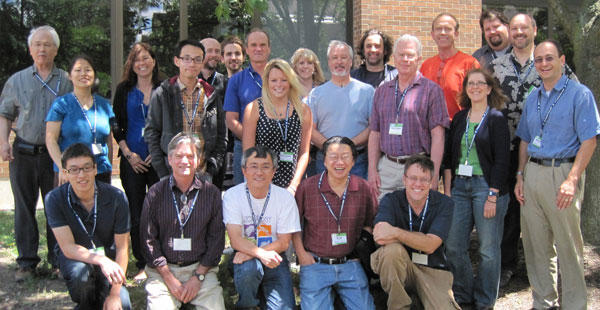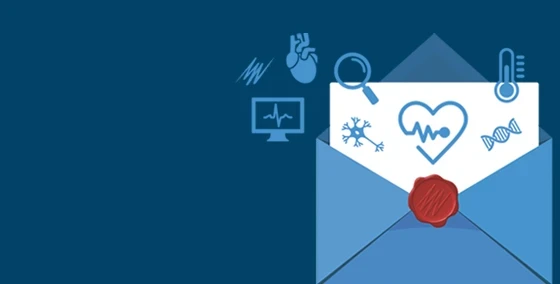ADInstruments in conjunction with Cornell University (15th in the QS World University Ranking) and the Department of Neurobiology and Behaviour, have recently conducted a one-of-a-kind neuroscience workshop for educators. Titled CRAW-FLY, the 5-day workshop concentrated on approaches to teaching integrative neuroscience with invertebrate-based (crayfish and fruit fly) teaching modules.
The fully-booked workshop was led by Dr. Wes Colgan (ADInstruments), Dr. Bruce Johnson (Cornell University), Dr. Bob Wyttenbach (Cornell University), Dr. Ron Hoy (Cornell University), Dr. Stefan Pulver (Janelia Farm), and Dr. Hannah Kim (Cornell University).
The workshop’s hands-on exercises covered basic principles of genetics, nervous system physiology, and animal behaviour. Half of the workshop was based on the Crawdad Manual for Neurophysiology, (authored by Robert Wyttenbach, Bruce Johnson, and Ronald Hoy), while the other half was based on various mutant and transgenic fruit fly strains using procedures developed by Hanna Kim and Stefan Pulver with colleagues.

Participants and instructors from the 2012 CrawFly course at Cornell University
Summary of the workshop activities:
Day 1: Introduction to Extracellular Recordings: Neuronal Motor Systems
Following a workshop overview and introduction to ADInstruments data acquisition systems, participants successfully recorded from the motor neurons of nerve 3 in the crayfish tail and used the LabChart Spike Histogram Module for spike sorting and associated channel calculations. Unit spikes at events, shown as channel calculations, helped students visualize the different rates of different neurons in Nerve 3.
Day 2: Introduction to Intracellular Recordings: Synaptic Physiology
On day two resting potentials from crayfish superficial flexor muscles were recorded and analyzed. This was followed by exploring synaptic connectivity and plasticity by stimulating nerve 3. One group of participants successfully recorded inhibitory post-synaptic potentials, which are very rare to find.
Day 3: Crayfish Stretch Receptors and Drosophila Biology
Day three started with the evaluation of the mechanosensory receptors in the crayfish tails. The afternoon session concentrated on the Drosophila life cycle, anatomy and dissection practice.
Day 4: Thermogenetic and Optogenetic Drosophila Techniques
Thermogenetic and optogenetic flies were the focus of day four. Quality data (post synaptic potentials) were recorded and then analyzed with the LabChart Peak Analysis module. The Video Capture module was very beneficial in recording behavior in the thermally sensitive mutants and synchronizing the video with LabChart data.
Day 5: Drosophila Seizure Activity and Behaviour
Day five concentrated on seizure activity in mutant flies. A special lecture on epilepsy was presented by Kaitlin Hardy a Cornell graduate affected by epilepsy and founder of FACES, a non-profit group that raises awareness about epilepsy and promotes research into its treatment and possible cure. Mutant flies including Slam Dance and Bang Senseless were evaluated for seizure behavior. Seizures were recorded from adult flies using LabChart software.
The afternoon exercises concentrated on optogenetic flies with deferential expression of chanelrhodopsin in their nervous systems. LabChart was used to control LED stimulators and the Video Capture module was used to record the response of both adult and larva transgenic flies.
ADInstruments would like to thank Cornell University and the Department of Behavior and Neuroscience for hosting and helping us run the CRAW-FLY workshop. Judging by the participants’ responses it was one of the best workshops in recent times.
ADInstruments’ own, Wes Colgan also received great reviews. To quote one participant:
What an amazing educator Wes Colgan is... He's thorough, appropriate, and provides instruction in a way to promote understanding"
Deborah Christensen
Assistant Prof.
Drake University
